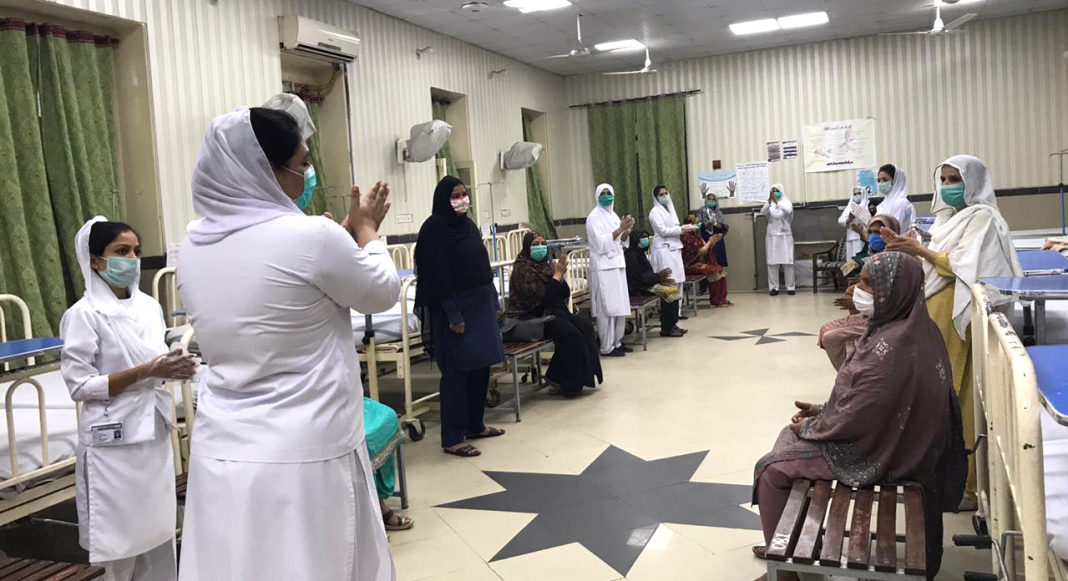On Wednesday, Minister for Parliamentary Affairs, Law and Justice, Senator Azam Nazeer Tarar, highlighted that the country is experiencing a national shortage of nursing staff, with a requirement for 0.9 million more nurses by 2030 to meet the growing population’s needs.
The minister was responding to a calling attention notice from Member of the National Assembly (MNA) Sehar Kamran, who sought to address the Minister for National Health Services, Regulations, and Coordination regarding the shortage of doctors and nurses in Islamabad, a matter causing significant public concern.
Tarar clarified that while there is no shortage of doctors in the federal capital’s hospitals, there is a notable deficit in the number of nurses.
“Currently, 100,000 nurses are serving nationwide, with 589 nursing schools and colleges in operation, 375 of which are private and 214 public,” he stated.
He added that nursing is a crucial service and that since 2018, an evening classes policy has been introduced and implemented.
Given that the majority of nursing students are female, efforts are being made to address their hostel and other needs, and nursing colleges are being encouraged to increase their intake to accommodate the growing number of applicants, he noted.
The minister emphasized that around 20,000 doctors enter the service system annually, a figure that aligns with WHO guidelines for the country’s population. However, he acknowledged emerging concerns about the distribution of these doctors between rural and urban areas.
In her supplementary question, Sehar Kamran pointed out that the current ratio of 5 nurses per 10,000 individuals is alarming.
She also noted that 40,000 trained and registered doctors are not actively practicing, and the Interior Minister has pledged to send Pakistani nurses to the US.




